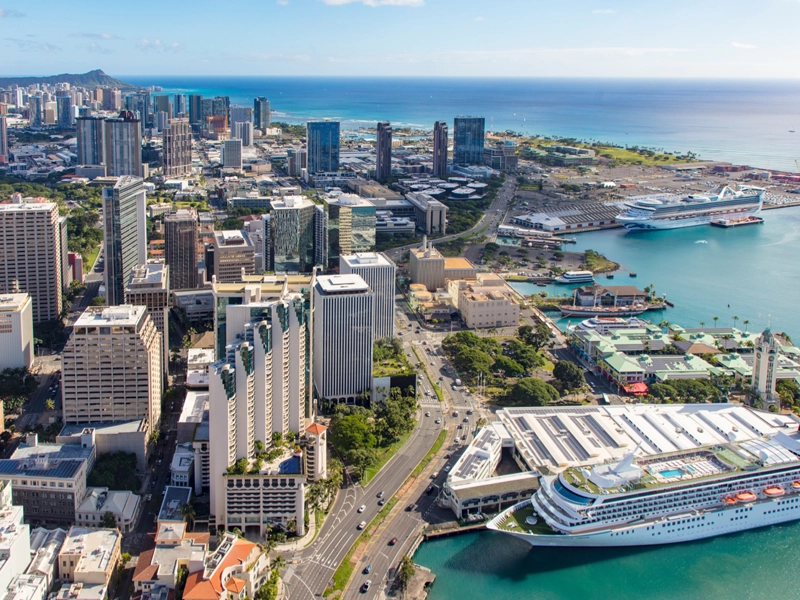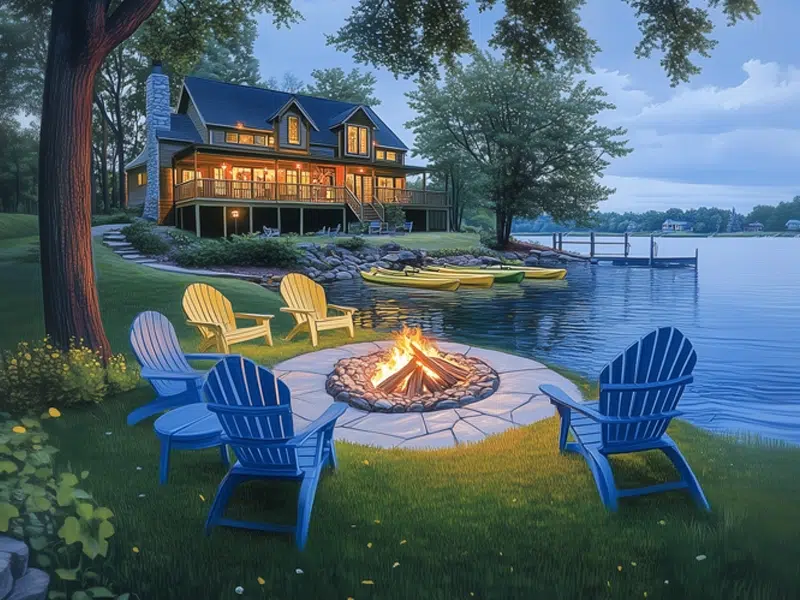Current Airbnb Laws and Regulations in Hawaii
Hawaii has long been known as a popular tourist destination. Recently, Honolulu County has updated ordinances that clarify regulations for hosts. The goal when further regulating short-term rentals is to create a higher quality of hospitality for Honolulu County and raise bookings for local short-term rental hosts. As the tourism industry continues to grow, hosts in Hawaii should continue to observe local ordinances and regulations.
If you have questions about short-term rentals in Hawaii, contact Proper Insurance. Call 888-631-6680 today.

Honolulu County
Updates STR Laws to Distinguish Between Two Types of Rentals
Short-term rentals have been regulated in Honolulu since 1989. Recently, Honolulu updated its Airbnb laws and regulations in order to further clarify the two different types of STRs for hosts. Ordinance 19-18 (Bill 89) sought to balance the benefits of STRs for hosts and transient occupants with the desire to keep residential neighborhoods from being overrun by STRs. Ordinance 22-7 (Bill 41) limits rental bookings lasting fewer than 90 days to designated areas and is intended to help return housing inventory to both the long-term rental and for-sale marketplaces.
Main Updates to Ordinance 22-7:
- Went into effect on October 23, 2022
- Long-term rentals (consecutive 90 days or more) may be extended month to month
- Owners or operators of dwelling units (or portions thereof) that prior to October 23, 2022, were being rented for periods of 30 consecutive days up to 89 consecutive days may continue to rent them, but on April 23, 2023, all such rentals must either cease renting, convert to long-term 90 days or more leases or have registered to become new legal transient accommodations.
- Non-conforming use certificates (NUCs) must comply with the new annual renewal period after their existing renewal period expires
- All STRs must provide registration or NUC number as well as tax map key on advertisements
- Any advertisement of a rental or dwelling unit that is not a registered STR may not include daily or less than three-month rental rates and must include the statement: “this property may not be rented for less than 90 consecutive days. Rental prices will not be reduced or adjusted based on the number of days the rental is actually used or occupied.”
- Transient occupants must park on-site and not on public streets in the vicinity of the STR.
Further information about the ordinance can be found here.
Quote Your Short-Term Vacation Rental Today
Interested in a policy to protect you and your business from liability and damage claims? Proper Insurance is the nation’s leading short-term vacation rental insurance provider, with the most comprehensive policy on the market. We protect homes in all 50 states with unmatched coverage for your property, revenue, and business liability, customized to include guest-caused theft/damage, liquor liability, amenity liability (bikes, kayaks, hot tub, etc.), bed bugs, squatters, and more.
Please note: The information provided is intended as a guide and may not be comprehensive or current. Regulations may change and could vary by area or situation. Always consult local authorities or a legal professional to ensure you have the most accurate information for your short-term rental property.
Given that STR laws and regulations are always changing, we rely on our community to keep us informed. If you have any additional information or updates relating to our posts, let us know at info@proper.insure!



